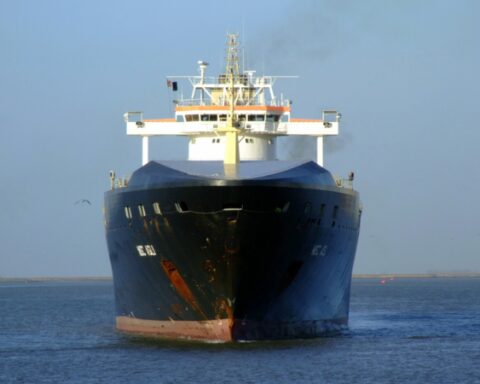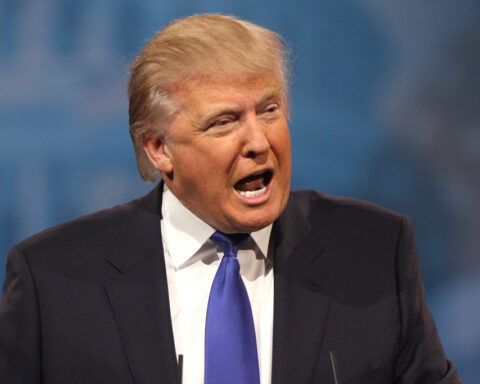Russia and China reportedly moved forward this week on long-stalled plans to build a massive natural gas pipeline linking Siberia to China. But while Moscow touted progress, key terms were left unresolved, highlighting how the balance of power in the partnership has tilted decisively in Beijing’s favor.
After talks in Beijing between Russian President Vladimir Putin and Chinese leader Xi Jinping, Moscow announced a legally binding memorandum to build the Power of Siberia 2 pipeline, a flagship project designed to funnel Russian fuel to the world’s largest energy consumer.
Officials in Moscow said the deal would “boost Russia’s gas deliveries to China and tighten ties between the two countries as their relations with the U.S. worsen.”
Yet questions about pricing, financing, and the construction timetable remain unsettled. Those sticking points have plagued the project for years and underscored China’s ability to dictate terms. With other options for natural gas, Beijing has the luxury of delaying an agreement and demanding more favorable conditions, while Russia faces growing urgency to find new markets for its exports.
Moscow conceded that the price of gas flowing to China is expected to be lower than what it charges European customers. China’s Foreign Ministry was vague, saying only that the two countries carry out “practical cooperation in various areas, including energy.”
The imbalance reflects the consequences of Western sanctions on Russia following its invasion of Ukraine. Once a dominant supplier to Europe, Moscow has seen exports to the continent plummet. In response, the Kremlin redirected oil and gas toward China, a pivot that has made it increasingly dependent on Beijing.
Analysts warn the dynamic is one-sided. “The agreement shows that China is interested in the pipeline and in Russia’s energy resources but this isn’t a final deal,” said Alexander Gabuev, director of the Carnegie Russia Eurasia Center. “It shows how their relationship is increasingly asymmetrical and China has all the cards.”
Gabuev noted that with the European Union planning to phase out Russian energy by 2027, any new deal will tilt toward Beijing. He added that Russia’s window to expand into the Chinese market is narrowing as China seeks to decarbonize and grow renewable energy. “Russia is at the mercy of the Chinese,” he said.
The Power of Siberia 2 pipeline would carry 50 billion cubic meters of gas a year from Russia’s Yamal Peninsula through Mongolia to China.
Supplies would run for 30 years, according to Alexei Miller, the chief executive of Gazprom. Existing flows through the Power of Siberia 1 pipeline will also expand to 44 bcm, up from 38 bcm. Miller said the pipeline’s gas price would be negotiated separately.
But for China, the project is far less urgent. With abundant liquefied natural gas from the Middle East and other suppliers—and a self-imposed cap on reliance on any single provider—Beijing has little incentive to rush.
The war between Israel and Iran has made China reassess the reliability of Middle Eastern supplies, but analysts caution the shift has not erased Beijing’s leverage.
The uneven trade relationship extends well beyond energy. China now accounts for about a third of Russia’s trade, while Russia represents less than 5 percent of China’s.
Beijing buys Russian energy and supplies consumer goods, but also provides microelectronics, optics, drone engines, and other dual-use technologies that bolster Moscow’s military.
For Russia, securing the Power of Siberia 2 deal has become imperative. For China, it is simply another card to play.
[READ MORE: Quake in Eastern Afghanistan Leaves Hundreds Dead, Strains Relief Efforts Amid Aid Cuts]









